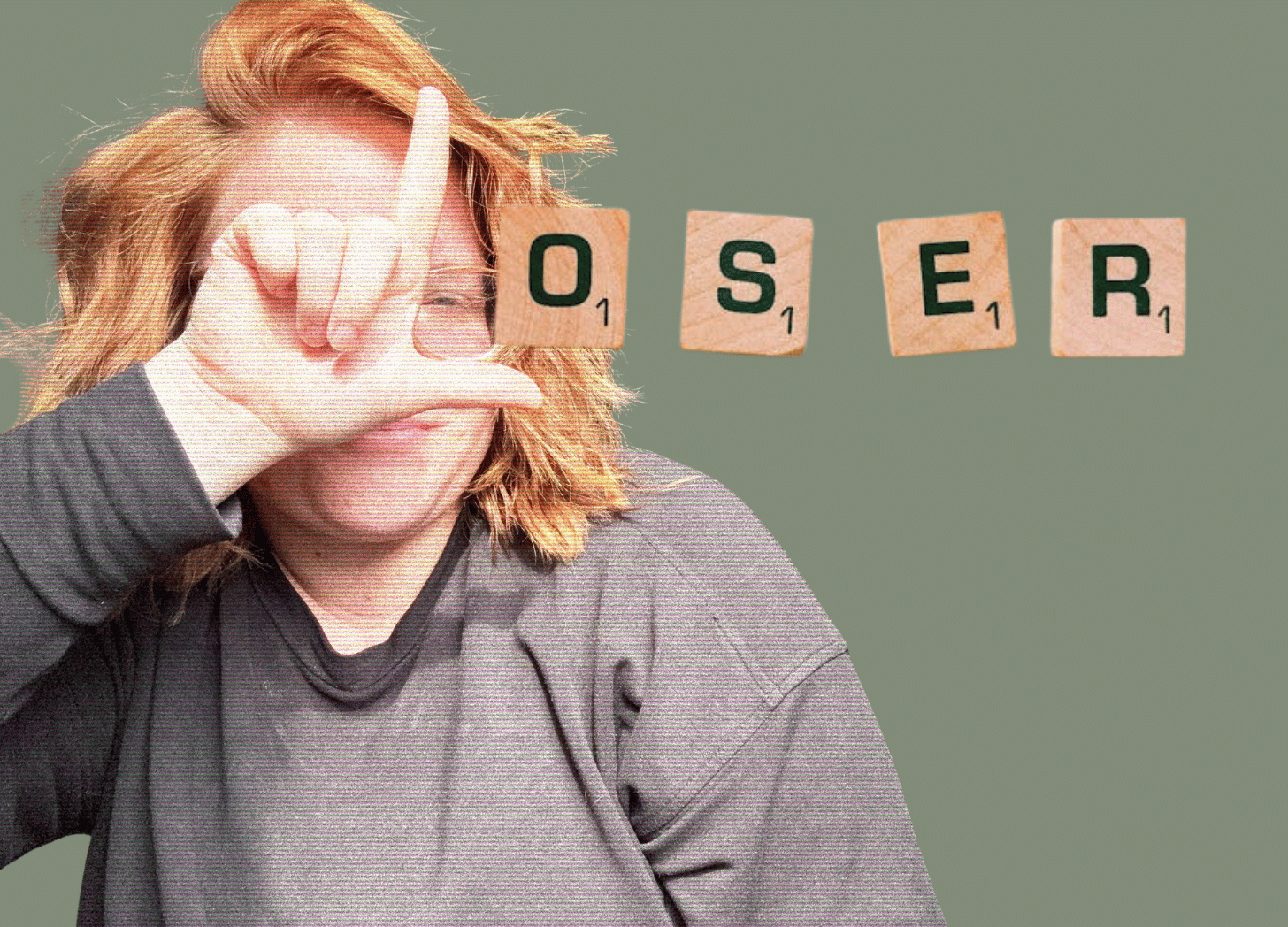The Loser Myth: On Living at Home and Choosing a Different Kind of Freedom
By society’s standards, I’m a loser.
Unemployed. Living at home. Writing from the same bedroom I grew up in.
The script tells me I should be ashamed. That adulthood is a straight line of upward motion: degree, job, apartment, partner, house, success. That to live at home in your thirties means you’ve failed to launch.
But I don’t think society sees the vision — the opportunity, the quiet rebellion in choosing to live differently.
Mock if you must, but this is my rebellious act against social standards.
I’m tired of hiding in the shadow of it.
It’s time for this big ol’ loser to step into the light.
You may label me a loser. But this “loser” has lived a big, beautiful, unconventional life because she lived at home.
I hold an undergraduate degree from a liberal arts university — possible because I lived at home my senior year.
I’ve lived abroad twice — once in England, once in Scotland — because living at home gave me the financial freedom to say yes.
I earned my master’s degree at the University of Glasgow and paid off every cent of my $60,000 loan in five years — because living at home helped me budget my finances.
I moved to Boston, worked for a narcissistic girlboss, and then quit to travel through Europe — because I knew I could always return home.
I worked on a lavender farm and a hostel on the Isle of Skye, volunteered at the Fringe Festival, took road trips up and down the East Coast, visited six national parks, and saved $45,000 — all because I lived at home.
We live in a culture that worships independence but forgets interdependence — a society that confuses leaving home with becoming whole.
We’re taught to equate independence with worth. That success means never needing help, never returning home, never pausing. That “making it” means paying rent alone, even if it drains your savings; buying furniture you can’t afford; working jobs that make you miserable — all to prove you’re doing it right.
But what if the bravest thing you could do was reject that story entirely?
In a world where the cost of living has outpaced wages, where burnout is a badge of honor, and where rest is seen as a setback — maybe the “losers” are simply the ones who’ve opted out.
What if home isn’t failure, but a foundation?
What if choosing to share resources, move slower, or build differently isn’t falling behind, but seeing clearly?
Living at home gave me the space to rest, rebuild, and take risks that didn’t fit inside the traditional timeline. It gave me permission to experiment, to start over without shame.
It reminded me that freedom doesn’t always look like a corner office or a lease with your name on it. Sometimes, it looks like walking into your childhood kitchen at 10 a.m. to make coffee before you write your next chapter.
Living at home wasn’t regression. It was resilience. The scaffolding that held me steady while I built a life that felt like mine.
The truth is, we shame what we secretly crave: simplicity, community, ease.
We say we value freedom, but we define it by square footage and salary instead of time and choice.
So yes, I live at home. But I also live on purpose.
If that makes me a loser, I’ll gladly take the title. Because in a culture obsessed with performing success, there’s something quietly powerful about refusing to play the game.
There’s no timeline for becoming. There’s only the path that’s right for you — and sometimes, that path circles back home.
